13 Simple Tricks That Can Give You an 30 Extra Minutes of Sleep

From eating walnuts to reading and laughing, these quick tips will help you sleep longer and better.
June 27, 2018 5 min read
As much as you might try to get seven to eight hours of sleep[1] every night, the truth is, sometimes it feels like there aren't enough hours in the day. From productivity[2] to food cravings, sleep impacts nearly every aspect of our lives. That's why it's more important than ever to keep it a priority.
Related: Neurons in Your Brain Wake You Up and 16 Other Unexpected Things That Are Stealing Your Sleep[3]
Of course that's easier said than done. Whether it's worries from work or an attachment to your phone, there are a number of things that might keeping you up at night. However, the good news is, with a few quick tricks you'll be well on your way to zonking out and even tacking on a few more hours to your slumber every week.
To learn how, here are 13 simple tricks that can give you 30 minutes of extra sleep time every night.
Don’t use your phone before bed.
Image credit: Benjamin Torode | Getty Images
Don’t exercise at night.
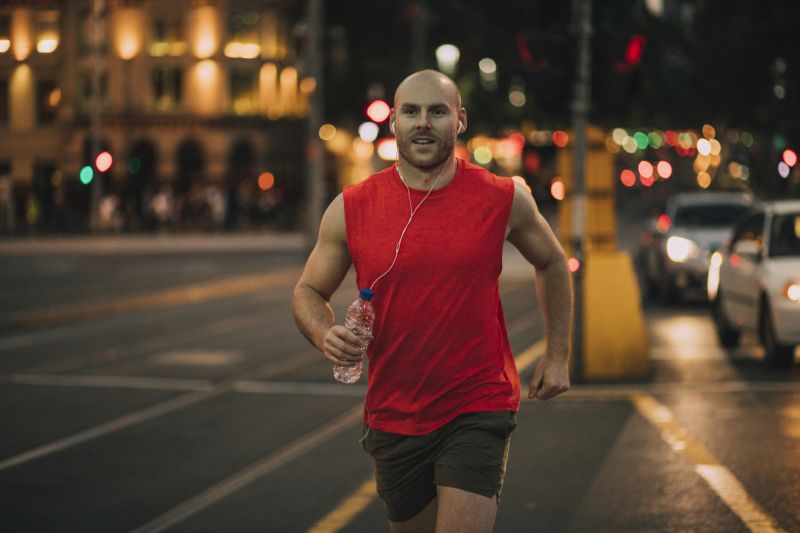
Image credit: SolStock | Getty Images
Have a snack.

Image credit: Stephen Welstead | Getty Images
Read a physical book.
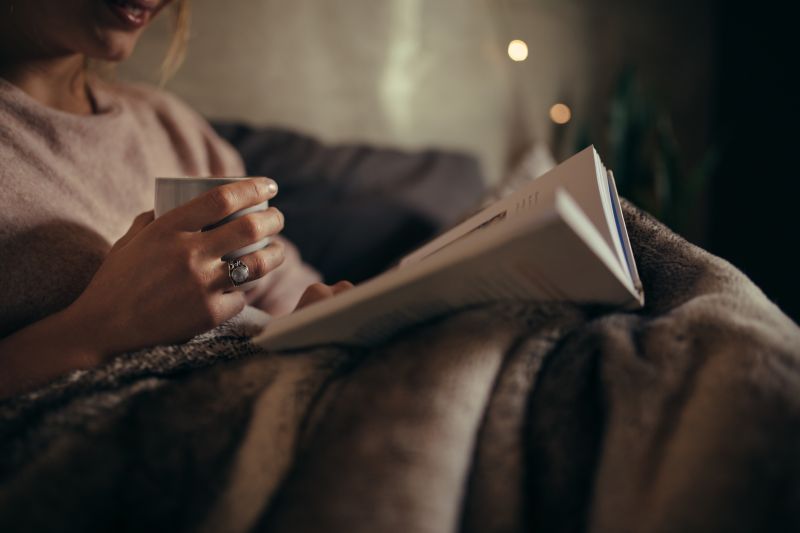
Image credit: jacoblund | Getty Images
Lose the Kindle, and instead, opt for an actual book. According to the Mayo Clinic[8], by making reading a bedtime habit, your body will begin to treat it as a relaxing routine that signals to your mind it's time to go to bed.
Related: Sleep In and Make Millions: Why You Don't Need to Wake Up at 5 A.M.[9]
Avoid afternoon naps.

Image credit: Westend61 | Getty Images
Write out your to-do list the night before.

Image credit: GaudiLab | Getty Images
Drink chamomile tea.

Image credit: Granger Wootz | Getty Images
Go to bed at the same time every day.
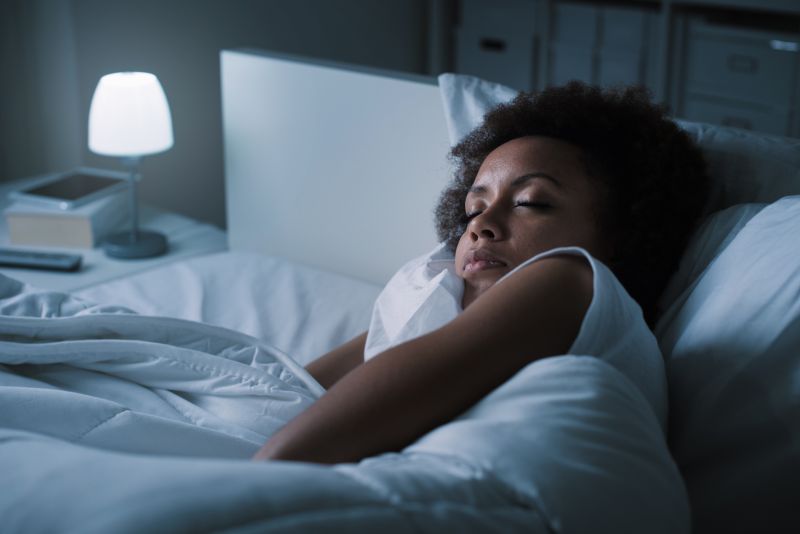
Image credit: demaerre | Getty Images
Have a good laugh.

Image credit: Gary Burchell | Getty Images
Laughing is not only linked to happiness, but a link between giggles and sleep has also been discovered. One study[15] found that when people laughed, their melatonin levels increased, making it easier for them to drift off to sleep.
Related: 18 Science-Backed Sleep Tips to Make You More Productive (Infographic)[16]
No more pets in bed.

Image credit: SG Hirst | Getty Images
Have sex.

Image credit: eclipse_images | Getty Images
Practice breathing.
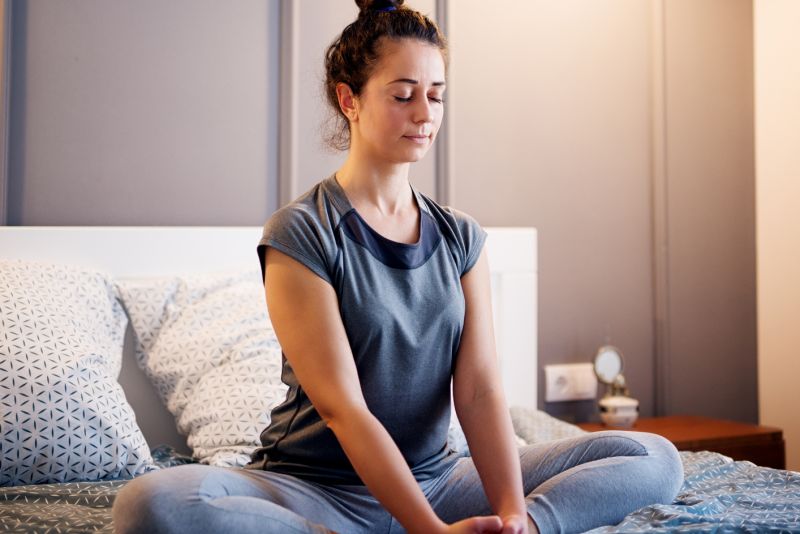
Image credit: dusanpetkovic | Getty Images
Be consistent.
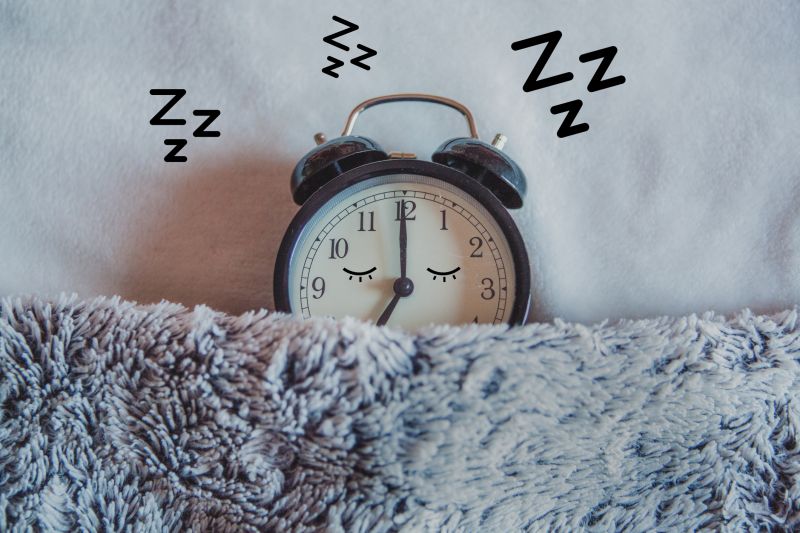
Image credit: Carol Yepes | Getty Images
References
- ^ sleep (www.entrepreneur.com)
- ^ productivity (www.entrepreneur.com)
- ^ Neurons in Your Brain Wake You Up and 16 Other Unexpected Things That Are Stealing Your Sleep (www.entrepreneur.com)
- ^ research (www.sciencedirect.com)
- ^ National Sleep Foundation (sleepfoundation.org)
- ^ research (www.ncbi.nlm.nih.gov)
- ^ Almonds (www.nytimes.com)
- ^ Mayo Clinic (www.mayoclinic.org)
- ^ Sleep In and Make Millions: Why You Don't Need to Wake Up at 5 A.M. (www.entrepreneur.com)
- ^ National Sleep Foundation (sleepfoundation.org)
- ^ recent study (psycnet.apa.org)
- ^ research (www.ncbi.nlm.nih.gov)
- ^ study (journals.sagepub.com)
- ^ study (www.ncbi.nlm.nih.gov)
- ^ study (www.ncbi.nlm.nih.gov)
- ^ 18 Science-Backed Sleep Tips to Make You More Productive (Infographic) (www.entrepreneur.com)
- ^ research (www.mayoclinicproceedings.org)
- ^ 2016 study (www.cqu.edu.au)
- ^ research (www.ncbi.nlm.nih.gov)
- ^ Sleep (www.journalsleep.org)









